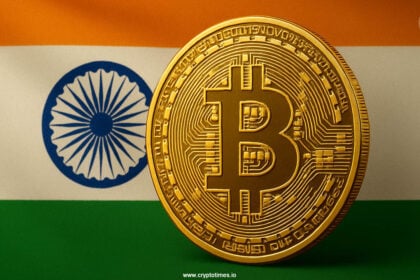South Korea’s new regulatory changes require major crypto exchanges to pay supervisory fees starting next year. Under the Virtual Asset User Protection Act, Upbit, Bithumb, Coinone, and others must pay these fees, totaling approximately 300 million won (around $220,000).
This new law, effective in January, mandates that virtual asset operators contribute based on their operating income from the previous year.
On July 1, the Financial Services Commission (FSC) introduced revised regulations that require virtual asset firms to undergo inspections by the Financial Supervisory Service (FSS) and pay supervisory fees, local news reports.
These updates included in the ‘Enforcement Decree of the Act on the Establishment of the Financial Services Commission, etc.’ and the updated ‘Regulations on the Collection of Financial Institution Contributions, etc.’
According to the 2024 contribution rate for operating revenue, Upbit is expected to pay about 272 million won ($199,592), according to Dunamu’s financial statements. Bithumb’s fee is estimated at 21.14 million won ($155,157).
Coinone and GOPAX are anticipated to pay around 6.03 million won ($4,422) and 830,000 won ($608), respectively. Korbit, however, is exempt from these fees due to its lower operating revenue.
A financial authority official said, “Related organizations have already been formed and costs are being incurred, so it is necessary to impose a supervisory share.”
This fee structure aligns with similar charges imposed on traditional financial institutions. This fee applies only to businesses with an operating revenue of 3 billion won or more. The swift implementation is attributed to the rapid growth of the virtual asset market and a push to prevent unfair practices.
Previously, electronic financial companies and P2P finance firms had their fees spread over three years, but crypto operators face a faster timeline.
Despite the new fees, exchanges like Coinone and GOPAX face financial struggles, while Upbit and Bithumb are better positioned to manage costs, all amid a 30% drop in trading volumes.
Also Read: South Korea Considers 2028 for Crypto Gains Taxation Delay













